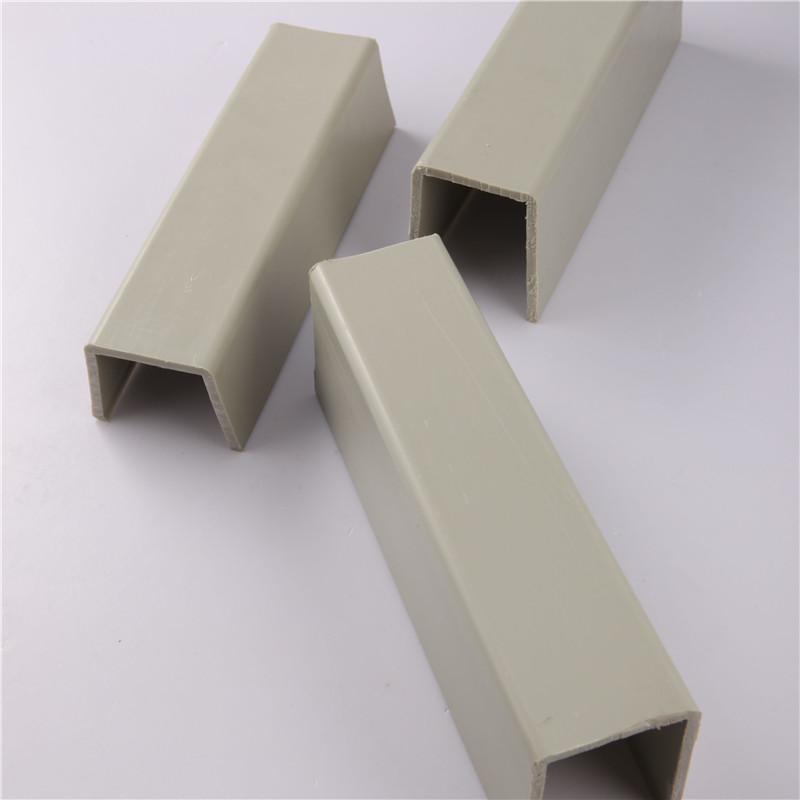Jul . 27, 2024 13:57 Back to list
High-Density Polyethylene Sheets in 5mm Thickness for Versatile Applications and Durable Solutions
Understanding HDPE Sheets The Versatility of 5mm Thickness
High-Density Polyethylene (HDPE) is a popular thermoplastic polymer known for its high strength-to-density ratio. Among its various forms, HDPE sheets have gained considerable attention in multiple industries due to their exceptional durability, resistance to chemicals, and versatility in application. One specific thickness that is often referenced is the 5mm HDPE sheet, which strikes a balance between sturdiness and flexibility, making it suitable for numerous purposes.
Characteristics of 5mm HDPE Sheets
HDPE sheets, particularly those measuring 5mm in thickness, offer a robust solution for various applications. One of the most notable features of HDPE is its impressive resistance to chemical corrosion. This makes it an ideal material for industries such as food processing, chemical storage, and construction, where it may be exposed to harsh substances. Moreover, HDPE sheets are waterproof, allowing them to be used in situations where water exposure is a concern without compromising structural integrity.
The 5mm thickness provides adequate durability while still being lightweight and easy to handle. This balance makes it suitable for applications ranging from manufacturing to fabricating signs, barriers, and even furniture. Additionally, HDPE sheets are available in multiple colors, which provides versatility for aesthetic purposes as well.
Another significant benefit of using 5mm HDPE sheets is their ease of fabrication. They can be cut, drilled, and shaped using standard tools without losing their structural properties, making them a favorite among craftsmen and manufacturers alike. This ease of fabrication allows for customized solutions tailored to specific project needs, whether it's for artistic installations or industrial applications.
Applications of 5mm HDPE Sheets
hdpe sheet 5mm

The versatility of 5mm HDPE sheets allows them to serve a wide range of applications across various sectors. In the construction industry, for instance, they can be used as a protective barrier during building projects to prevent damage to surfaces. Their resistance to impacts and ability to withstand heavy loads make them excellent choices for flooring and wall protection.
In the agricultural sector, HDPE sheets are often utilized for creating liners in ponds and containment areas for water management projects. Their waterproof nature ensures that water remains contained without seeping into the surrounding soil, making them invaluable for environmental management.
Moreover, in the food industry, HDPE sheets are widely used for cutting boards due to their non-toxic properties and ability to be sanitized effectively. They do not harbor bacteria or odors, which is crucial for maintaining hygiene standards in food preparation areas.
Environmental Considerations
While HDPE is a synthetic material, it is important to consider its environmental impact. The good news is that HDPE sheets are fully recyclable, which helps mitigate some of the ecological concerns associated with plastic products. When disposed of correctly, they can be repurposed into new products, which is essential in our efforts to promote sustainability.
Conclusion
In summary, 5mm HDPE sheets are a practical choice for a variety of applications due to their impressive strength, chemical resistance, and versatility. Whether used in construction, agriculture, or the food industry, they provide reliable solutions that meet the demands of different environments. As industries continue to seek innovative and sustainable materials, the prominence of HDPE sheets, including those of 5mm thickness, is likely to grow, highlighting their significance in modern manufacturing and environmental practices.
-
Durable PP Rigid Sheet: Lightweight, Chemical Resistant Solutions
NewsAug.21,2025
-
PVC Grey Sheet for Extraction: Chemical Resistant & Durable
NewsAug.19,2025
-
Durable PVC Pipe Fittings for Plumbing & Irrigation Needs
NewsAug.18,2025
-
HDPE Steel Belt Reinforced Spiral Corrugated Pipe | High Strength
NewsAug.17,2025
-
HDPE Pipe Fittings: Durable, Leak-Proof Solutions
NewsAug.16,2025
-
Premium CPVC Sheet: High-Temp & Chemical Resistant Solutions
NewsAug.15,2025

